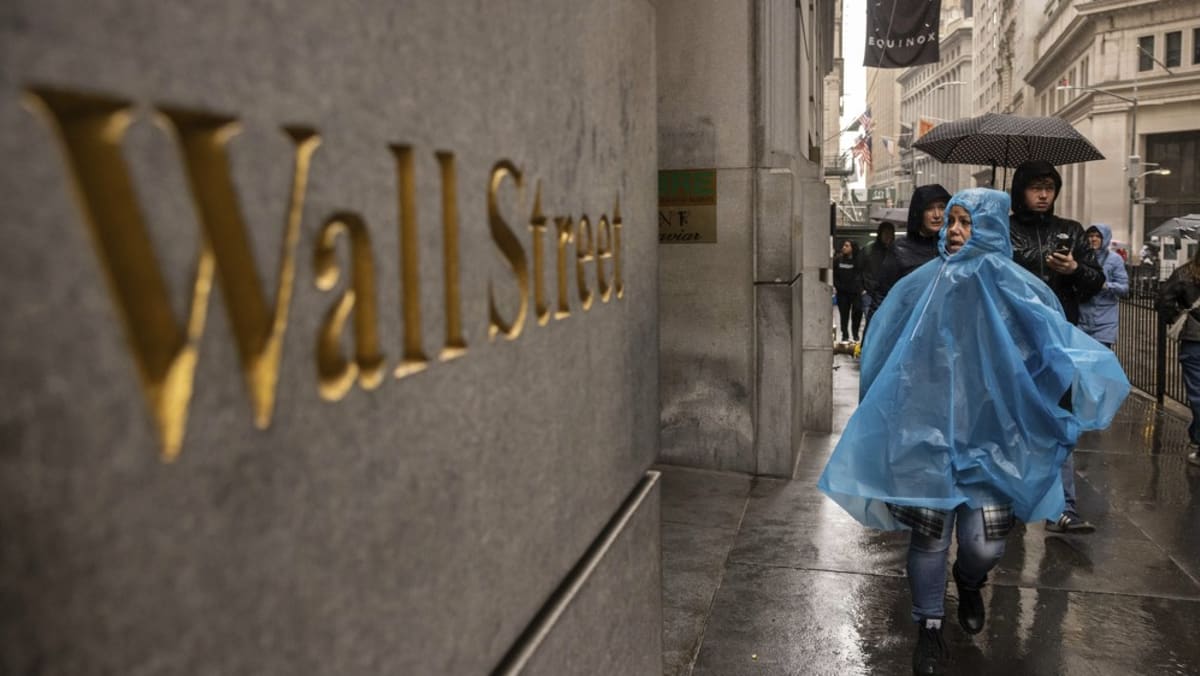Wall Street Dips as Trump's Trade War Escalates with New Tariff Threats

NEW YORK: On Friday, May 23, stock markets across the United States experienced a significant downturn as President Donald Trump reignited tensions in his ongoing trade war. This shift was marked by his alarming announcement of potential massive tariffs targeting not only Apple products but also a wide range of imports from the European Union, which sent ripples throughout the financial markets.
Throughout the trading session, Wall Street's main indexes remained firmly in the red, indicating a lack of confidence among investors. The most pronounced losses were seen in the Nasdaq composite, which fell by a staggering 3 percent, largely driven by a significant drop in Apple's stock. This decline in Apple’s shares is particularly noteworthy given the company's stature as one of the largest and most influential tech companies in the world, which often serves as a bellwether for the technology sector.
Across the Atlantic, European markets mirrored the anxiety felt on Wall Street. Major exchanges in Paris and Frankfurt closed with losses hovering around 1.5 percent. Luxury brands and automotive companies bore the brunt of the declines following Trump’s threat of imposing a hefty 50 percent tariff on goods imported from the EU. Such tariffs would likely have a profound impact on the European economy, particularly on sectors that are already vulnerable.
Interestingly, London's FTSE 100 index, which showed promise at the start of the day, ultimately also succumbed to the negative sentiment, closing in the red. This shift in fortunes for the FTSE 100 underscores the interconnectedness of global markets, where investor sentiment in the U.S. can swiftly influence trading behavior overseas.
Earlier on the same day, Germany's DAX index had been performing relatively well due to positive revisions in German economic growth data. However, the optimism quickly dissipated as news of potential tariffs broke, showcasing the volatility that often characterizes market responses to political developments.
Investment strategist Lindsay James from Quilter noted, “What is somewhat of a surprise is the fact that the EU will now face a considerably higher tariff rate than China, an almost unthinkable scenario just a matter of weeks ago.” This sentiment emphasizes the unpredictable nature of current trade policies and their punitive nature rather than being grounded in any economic rationale.
Amidst these market fluctuations, oil prices saw a recovery after briefly dropping by around 1 percent. Meanwhile, the U.S. dollar continued to struggle, reflecting ongoing pressures stemming from the trade war and its implications for economic growth.


























